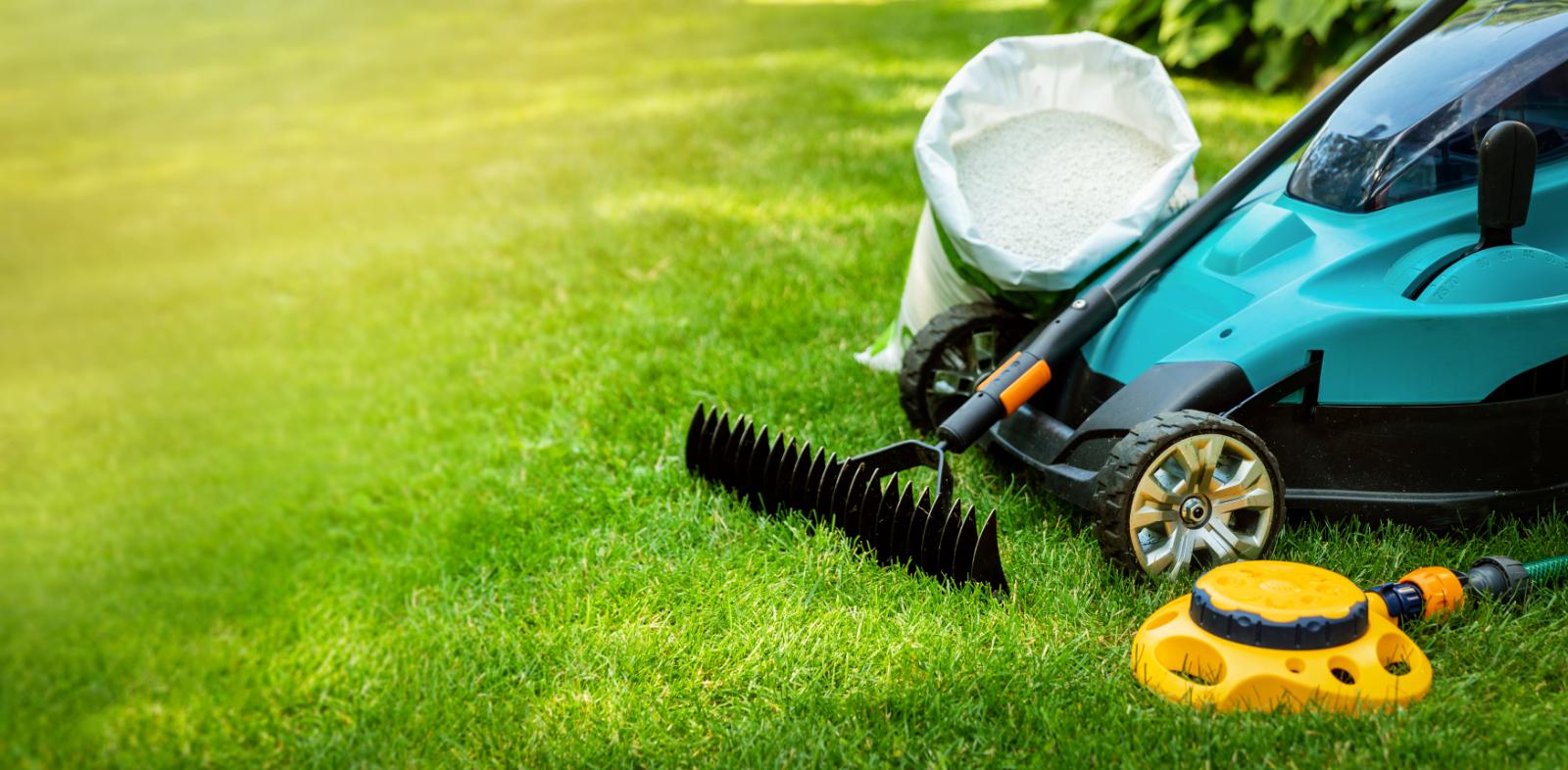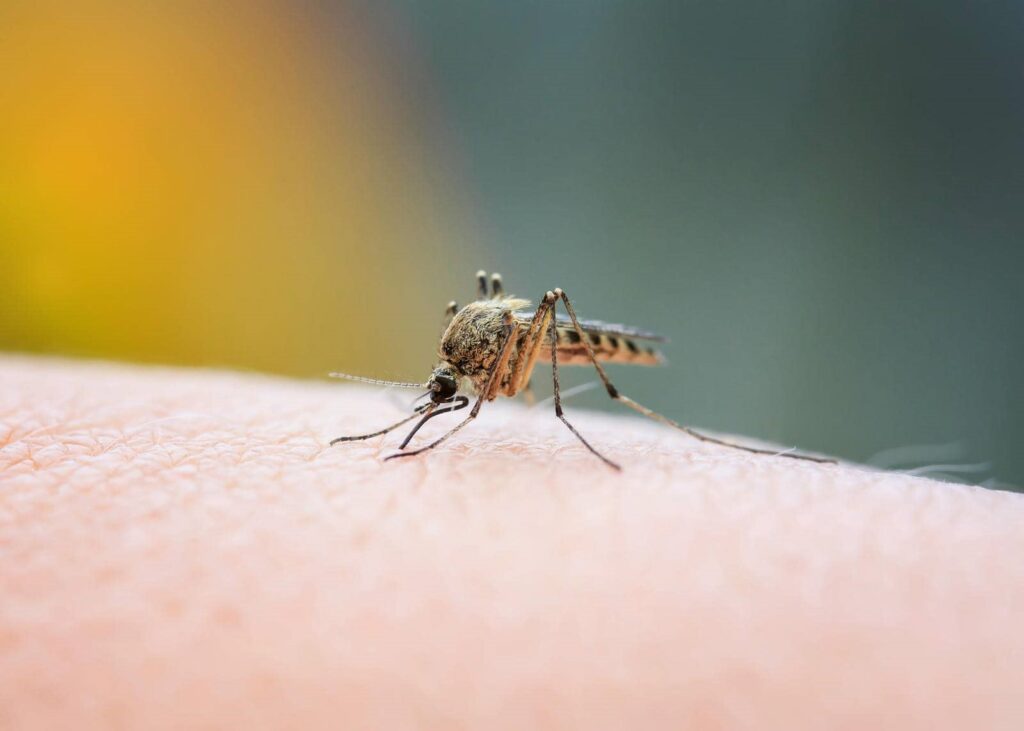Contents
Regarding eco-friendly spring lawn care, have you ever pondered the impact of your lawn maintenance choices on the environment? You can take simple yet effective steps to ensure your lawn not only looks great but also contributes positively to the ecosystem. Starting with selecting the right plants and employing water-saving strategies, these top tips can transform your lawn into a sustainable haven. Stay tuned to discover how these small changes can significantly impact your environmental footprint.
Key Takeaways
- Choose region-specific native plants for better adaptation.
- Implement water-saving techniques like drip irrigation and rain barrels.
- Opt for organic lawn care products to reduce chemical runoff.
- Practice proper lawn mowing techniques for grass health.
- Embrace natural pest control by attracting beneficial insects and predators.
Choose Native Plants Wisely
When selecting native plants for your lawn, prioritize species that are well-adapted to your specific region’s climate and soil conditions. Native plant selection plays an essential role in landscaping design, providing numerous benefits such as reduced maintenance, increased biodiversity, and improved ecosystem resilience.
Research shows that native plants have co-evolved with local wildlife, offering food and habitat, thereby promoting a healthy ecosystem in your yard.
Incorporating native plants into your landscaping design can enhance the overall aesthetic appeal of your lawn while supporting local flora and fauna. Studies indicate that native plants require less water once established, making them a sustainable choice for water-conscious homeowners.
Implement Water-Saving Techniques
To optimize water usage in your lawn care routine, contemplate implementing water-saving techniques that align with eco-friendly practices and conservation efforts. Conserving water isn’t only beneficial for the environment but also for your wallet. Here are some effective water-saving techniques to ponder:
Drip Irrigation Systems: Install a drip irrigation system to deliver water directly to the roots of your plants, reducing water waste through evaporation and runoff.
Rain Barrel Collection: Utilize rain barrels to collect and store rainwater for later use in watering your lawn and garden, decreasing the need for tap water.
These methods can notably reduce water consumption while keeping your lawn lush and healthy. Using rain barrels can help save thousands of gallons of water annually. Incorporating these water-saving techniques contributes to environmental conservation efforts and creates a more sustainable lawn care routine.
Opt for Organic Lawn Care Products
Consider incorporating organic lawn care products into your routine to promote a healthier and more sustainable environment for your lawn. Organic products can greatly benefit soil health by promoting microbial activity, enhancing nutrient availability, and improving soil structure. These products are derived from natural sources, reducing the risk of harmful chemical runoff into water bodies and minimizing environmental impact.
One key benefit of organic lawn care products is the promotion of composting benefits. Composting helps recycle organic materials, enriches the soil with essential nutrients, and aids in moisture retention. Using organic fertilizers and soil amendments, you can support the growth of beneficial microorganisms that contribute to soil health.
Research has shown that organic lawn care products not only nurture your lawn but also contribute to a thriving ecosystem. They support biodiversity by creating a balanced environment where plants, insects, and microorganisms can coexist harmoniously. Making the switch to organic options aligns with the principles of sustainability and demonstrates your commitment to environmental stewardship.
Practice Proper Lawn Mowing Techniques
Using proper lawn mowing techniques is essential for maintaining a healthy and vibrant lawn throughout the spring season. To ensure your lawn stays in top shape, consider the following tips:
- Proper Edging: Edging your lawn helps create a distinct boundary between the grass and other areas like sidewalks or flower beds. This enhances the overall appearance and
prevents grass from encroaching into unwanted areas.
Height Adjustment: Adjusting the mower height is vital for the health of your lawn. Cutting the grass too short can stress it out and make it more susceptible to weeds and diseases. Aim to mow at the highest recommended height for your grass type.
Sharp Blades: Keep your mower blades sharp to make clean cuts rather than tearing the grass. Torn grass is more prone to disease and can give your lawn a brownish hue.
Mowing Frequency: Avoid cutting more than one-third of the grass blade at a time. Regular mowing is key to maintaining a lush lawn.
Alternate Mowing Patterns: Changing up your mowing pattern prevents soil compaction and encourages upright grass growth, leading to a healthier lawn.
Embrace Natural Pest Control
For effective lawn care management during spring, implementing natural pest control methods is essential to ensure a thriving and eco-friendly environment for your grass. By embracing natural pest control measures, you can effectively manage unwanted insects and pests without harming the environment or risking the health of your lawn.
One sustainable practice is attracting natural predators like ladybugs, lacewings, and birds to your garden. These natural predators feed on common lawn pests such as aphids, grubs, and caterpillars, helping keep their populations in check without harmful chemicals.
Additionally, planting diverse plants in your garden can attract beneficial insects that act as natural pest controllers. For example, marigolds can repel pests like nematodes, while lavender attracts pollinators that help maintain a healthy ecosystem. These sustainable practices not only reduce the need for synthetic pesticides but also promote biodiversity in your lawn.
Summary
These eco-friendly spring lawn care tips will create a thriving garden like a well-oiled machine.
Choosing native plants, implementing water-saving techniques, opting for organic products, practicing proper mowing, and embracing natural pest control methods will benefit your lawn and contribute to a healthier and more sustainable environment.
Take action today to positively impact your lawn and the planet.




